Boycott threat over Ukraine war clouds Paris Olympics
One of the major headaches, not just for the Paris 2024 organising committee but also for the International Olympic Committee, is how to handle the ongoing war in Ukraine.
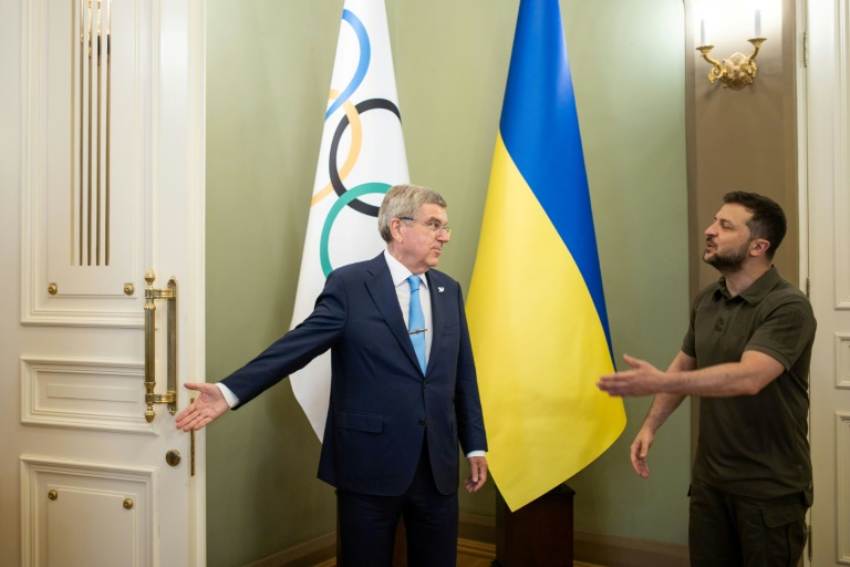
Photo: TYT
Paris (AFP): One of the major headaches, not just for the Paris 2024 organising committee but also for the International Olympic Committee, is how to handle the ongoing war in Ukraine.
Some nations, with Ukraine the most vocal, have called for a blanket ban on Russian and Belarusian athletes, while others have given the green light for participation.
Paris Mayor Anne Hidalgo has called for a ban "while the war continues" in Ukraine while IOC president Thomas Bach is keen for a "pathway" that will allow the Russians and Belarusians to compete as neutrals, a stance that has the backing of the United States.
The French government and the 2024 Olympic organisers, meanwhile, have largely sidestepped the row.
"It's up to the IOC to ultimately decide whether the Russian delegation will be allowed to participate in the Paris Olympics," Organising Committee president Tony Estanguet said in February.
It is over a year since Russian forces, aided by their ally Belarus, invaded Ukraine to start a war which is still going on at the cost of thousands of lives on both sides.
Russia were barred from competing in many sports, and thrown out in the late stages of qualification for last year's World Cup in Qatar. Russian athletes competing in individual sports such as tennis do so without having their nationality officially signified.
It is this deal that Bach wants to bring to the table for the Olympics -- Russians already took part in some events in the 2106 Games in Rio de Janeiro and at the 2020 Tokyo Olympics and last year's Beijing Winter Games under a neutral flag although that was due to sanctions for doping violations.
'Manifestation of violence'
Ukrainian President Volodymyr Zelensky has led the calls for a total ban on Russian and Belarusian athletes and has called for a boycott of the Games if they are allowed to take part.
"The mere presence of representatives of the terrorist state is a manifestation of violence and lawlessness," Zelensky told a virtual summit of sports ministers chaired from London in February.
"And it cannot be covered up with some pretended neutrality or a white flag.
"If the Olympic sports were killings and missile strikes, then you know which national team would occupy the first place," he added.
Anna Ryzhykova, the Ukrainian who was fifth in the women's 400m hurdles final at the Tokyo Olympics and a bronze medallist at last year's European Championships in Munich, expressed her bitterness when she spoke to reporters this month.
"When the war started, we all texted (Russian athletes we know)," she said.
"We said 'you cannot attack us, do something'. They said to us – 'no, you are lying, I hope you die'."
Ryzhykova said she could not imagine competing against them: "They are murderers. They are cheats. They are not good people," she said.
Kyiv mayor and former world boxing champion Vitali Klitschko offered a different solution.
"Russian and Belarusian athletes can't participate in the Olympic Games in Paris if they don't say 'no' to war," Klitschko told AFP.
"If they publicly express against this war, they can (participate)."
In a letter earlier in February, more than 30 countries, including France, Great Britain, Sweden, Poland, the United States and Canada, expressed concern about how the athletes could be neutral, particularly given the "strong links and affiliations between Russian athletes and the Russian military".
"It would have to be ensured that no athletes from Russia or Belarus who actively support the war start," said German Olympic committee secretary general Torsten Burmester echoing Klitschko's view.
The IOC responded that the letter ignored the human rights of Russian and Belarusian athletes.
Russian sports minister Oleg Matytsin, meanwhile, described Ukraine's call for a ban as "unacceptable".
"We see a blatant desire to destroy the unity of international sport and the international Olympic movement," Matytsin was cited as saying by Russian state-run news agencies.
Bach's desire for the athletes to compete as neutrals has been endorsed by Africa's National Olympic Committees and their Asian counterparts.
The French hosts, meanwhile, recognise the delicacy of the situation.
President Emmanuel Macron has remained tight-lipped after Zelensky told him that Russian athletes had "no place" at the Games although government spokesman Olivier Veran, however, said in February that the matter could not drag on.
"A decision (by the IOC) must be taken by the summer," he said.
However, he did not rule out an exclusion, speaking of "the steadfast wish of France that every possible sanction be applied fully and entirely".
As long as the war in Ukraine continues, it looks inevitable that some nations will be absent from the 2024 Olympics, either by exclusion or voluntary boycott.
-

‘I’m scared for my entire generation’: Young Americans reflect on Trump's first 100 days
2025-04-26 -
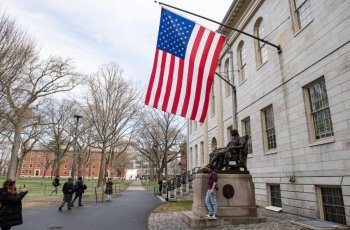
Foreign students give up American dream over Trump crackdown
2025-04-25 -
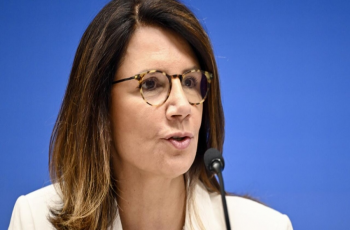
Don't make 'disappointing' retreat on climate, COP30 CEO urges EU
2025-04-25 -

Kashmir: India-Pakistan tensions rise after attacks on tourists
2025-04-25 -
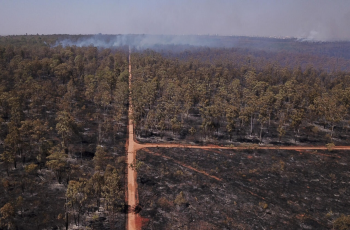
Countries could use forests to 'mask' needed emission cuts: report
2025-04-24 -
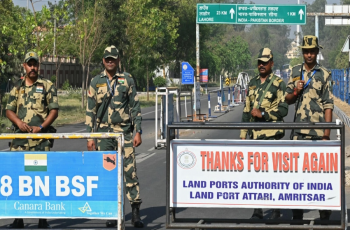
Kashmiri students say they have been threatened in India after attack
2025-04-24 -
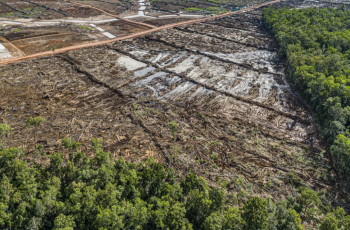
Indonesia food plan risks 'world's largest' deforestation
2025-04-22 -
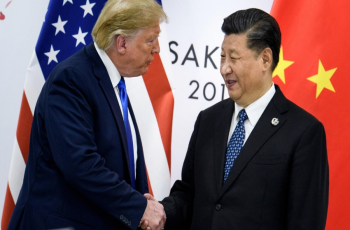
Trump tariffs torch chances of meeting with China's Xi
2025-04-22 -
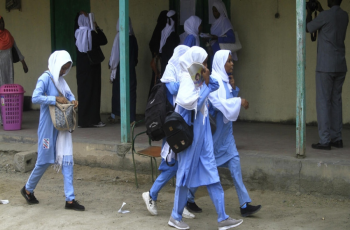
In war-torn Sudan, a school offers a second chance at education
2025-03-02 -
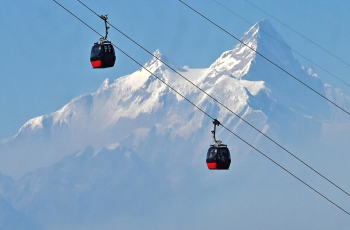
Nepal community fights to save sacred forests from cable cars
2025-02-21
